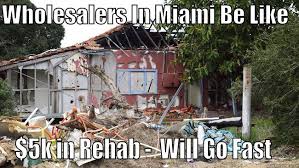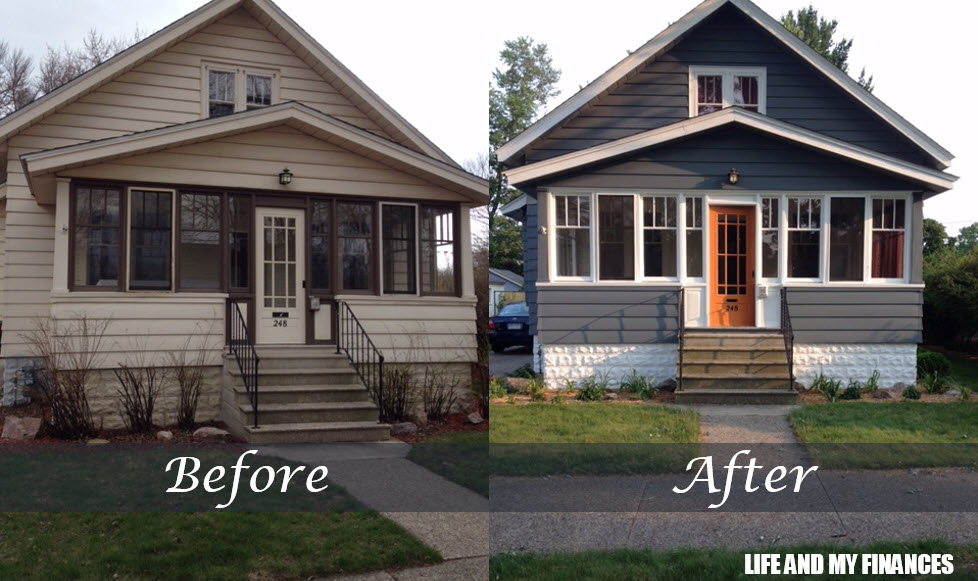Market Observations. November 29, 2020
On December 31st, 2020, several federal aid programs are set to expire. The two main programs affected are the Pandemic Unemployment Assistance program (PUA) and the Pandemic Emergency Unemployment Compensation program (PEUC). The US economy is, at this point, in a recession and hurdling towards a depression and deleveraging. Regardless of returns on Wall Street, MAIN street is suffering. Comparing annual changes, week to week (in other words, this week compared to the same week last year) demonstrates a 300 % increase in unemployment filings. (Department of Labor Statistics
In addition to the unemployment numbers, companies are shuttering their doors at a record pace due to the pandemic. This is developing into a toxic mix and self-feeding, downward spiral: People out of work won’t spend money in retail on anything other than what is necessary to survive. This in turn affects the bottom lines of the retail companies needing dollars to stay open. When this doesn’t happen, the store closes, and ex-employees are now added to the unemployment numbers
Adding to those that will lose, are the bond holders, (the lenders) for these corporations, that will now not be able to collect on debts that have defaulted. Insurance companies lose companies requiring insurance AND have to payout on defaulted loans that were secured by some sort of surety bond arrangement. Utility companies will take a hit because the stores don’t require power or water. Suppliers to these retailers will now be affected as their customer has no need of their services, etc. This is a much bigger problem than most of the mainstream business media is willing to acknowledge.
And yet, with all of this, Wall Street continues to post new highs and celebrate. I would like to point out a quote, credited to Robert Rhea – a writer who studied the market during and around the Great Depression
“Worthless equities were being sky-rocketed without regard for intrinsic worth or earning power. The whole country appeared insane on the subject of stock speculation. Veteran traders look back at those months and wonder how they could have become so inoculated with the ‘new era’ views as to have been caught in the inevitable crash. Bankers whose good sense might have saved the situation, had speculators listened to them, were shouted down as deconstructionists, while other bankers, whose names will go down in history as ‘racketeers,’ were praised as supermen.”
When you listen to those that are studying the markets, the underlying whispers are the same. A storm is coming. In my opinion, the economic destruction about to occur on the global stage will make the Great Depression pale in comparison. In 2014, roughly, a very interesting thing occurred. The major markets began to synchronize. Prior to 2014, the global market was – relatively speaking, disjointed. The Shanghai indices didn’t always follow London. The Dow was divorced (not entirely) from movements in Tokyo. This synchronization began to occur in the 80’s, and almost caused a calamitous event in the Long Term Capital Management Failure. We should have learned then. We didn’t. The global markets are now in sync more than ever, and with the pandemic, global markets are beginning to fail.
So… at Cave Buyers, we invest in real estate. How does this affect our clients, and how do we make money anyway? As dire as this picture appears, the reality is this; In the United States we have an abundance of resources – physical, economic and mental. The US has the ability to adapt relatively rapidly BECAUSE of a weak central government, but strong state legislature and coordinated efforts. Each state is its own economy. We just take advantage of real estate friendly trends within those local economies.
Currently our residential investments are focused in Florida, Texas, North Carolina, Arizona and Alabama. We are keeping an eye on the rust belt, specifically areas in Pennsylvania and Indiana. Our strategies change depending on the market conditions. In areas that are demonstrating a seller’s market we tend to use wholesaling and quick turn (flipping) strategies to maximize gains. In areas that are in a buyer’s market, we then move to a buy/fix/rent or lease/option strategy. We are flexible when it comes to residential real estate.
Regarding commercial real estate, we don’t look at anything other than multi-family. Everything else is too dependent on unstable market forces right now. Regardless of where you are, you need a place to live. Why fight it? Profit from it.
- The Cave Buyers.

previous
Investing in Real Estate.



